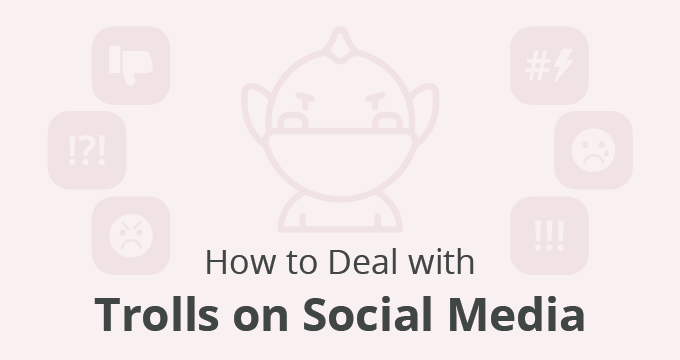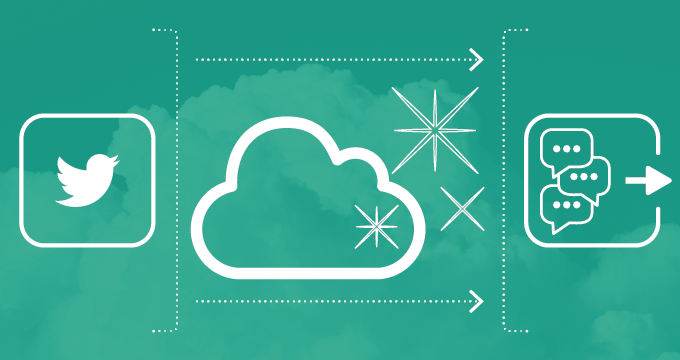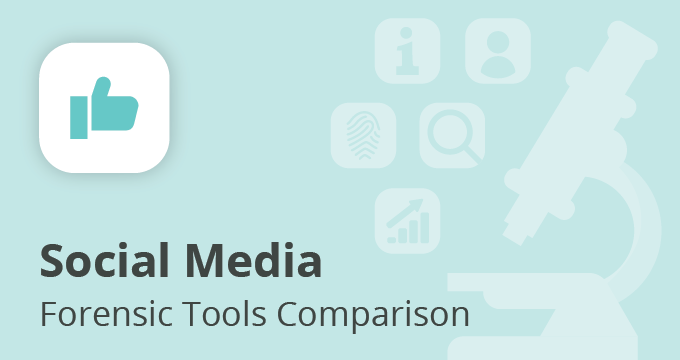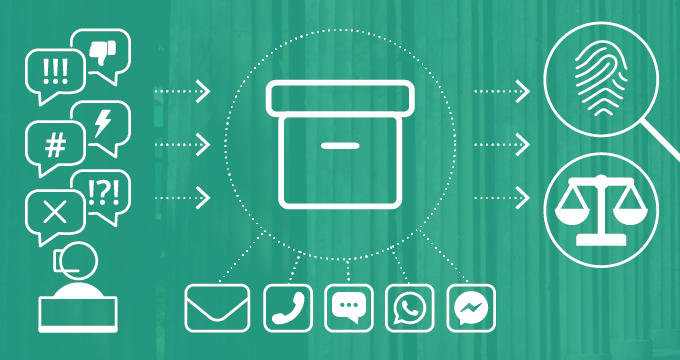Even though social media is a great platform for communicating with your target audience, it’s also home to social media trolls – people who take pleasure in denouncing a post or message and enjoy provoking individuals online. They can spam your Instagram feeds or your Facebook posts, causing you trouble – trying to annoy you, harm your reputation and pick fights with your followers.
In this article, we’ll try to explain the social media troll phenomenon better and make it easier for you to recognize when you’re being trolled on social media. We’ll also offer some good practical advice for dealing with trolls on social media.
Meet Your Followers
Not everyone that posts a negative comment is actually trolling on social media. There are quite a few types of followers and social media personalities that you can encounter online.
One of the best categorizations that we find helpful for everyone using social media for marketing purposes classifies social media followers into five primary groups:
- The first adopter is always looking for the next big thing, so they are the first to sign up on the next trendy social media platform. They can sense the audience’s pulse and have a loyal follower base of other social media enthusiasts. Their likes or shares can attract others to engage.
- The Social Sharer is a person who gladly shares their favorite content across various channels. They are invaluable for giving your content the attention it needs to take off online. To catch their attention, your content needs to be relevant and attractive.
- The Born Follower will decide to follow you because their friends do too. However, with the right push from your side, they can easily be converted to active consumers.
- The Popular Powerhouse is known for attracting other people’s attention and engagement. To have them as a follower can be a great benefit.
- The Basement-Dwelling Hater will point out your errors and mistakes. The way you respond says a lot about your business and how you handle complaints.
However, the categorization obviously doesn’t cover everything. Even though it mentions trolls when discussing haters, these social media personalities are pretty different – those who actively “speak out” and post their negative opinions online don’t necessarily engage in trolling on social media. So, social media trolls are definitely deserving of their place in the categorization. - Trolls are often off-topic; they attack you or your followers and are, simply put, plain abusive.
What Do We Know About Social Media Trolls?
The recent Brigham Young University study sheds some needed light on the trolls’ personality and motivation. The study determined that people with dark triad personality traits (narcissism, Machiavellianism, psychopathy) combined with taking pleasure from another’s misfortune – were more likely to demonstrate trolling in social media.
Trolling on social media is much easier than it would be in person. Social media trolls would hardly dare engage in a direct face-to-face confrontation, but their online behavior is less inhibited by social norms. They may choose to harm, confuse and bait your followers just because they think they are clever, funny, or simply bored.
How to Recognize Social Media Trolls?
So, how can you tell that you are being trolled on social media? You can recognize a social media troll easily if a person:
- gives off-topic comments,
- tries to provoke you,
- tries to enrage you,
- uses a dismissive or condescending tone,
- exaggerates,
- tries to make everything personal,
- could type in CAPS LOCK, giving the impression they are yelling,
- uses anonymous accounts or fake names,
- is emotionally unaffected by any comments or reactions they get,
- ignores evidence and continues with their agenda.
How to Deal With Social Media Trolls
No matter what kind of business you are in, your social media posts probably will attract an unexpected audience – trolls.
There are no hard and fast rules on reacting when such a situation occurs. However, the general advice is not to respond emotionally, stay on topic, provide the facts and direct any hostile or off-topic conversations offline.
However, if you’re being trolled on social media, there are a few things you can do.
Ignore a Troll
Social media trolls try to provoke your reaction with their comments. One of the things you can do in certain situations is simply to ignore them and not engage in any interaction. Hopefully, if there is no emotional response from you, they will move on.
Have a “No Trolling” Policy
If you’re in charge of a social media account for your organization, establish a “no trolling” policy that outlines the consequences of off-topic or harmful comments. Such a policy will demonstrate impartiality. If you’re being trolled on social media and decide to delete a comment, you can always point back to the guidelines as the removal cause.
Establish a Comment Moderation Guide
Have a comment moderation guide that permits moderation of irrelevant and inappropriate posts while still respecting the First Amendment concerns and allowing relevant opinions.
Train your staff that they can moderate:
- Direct threats
- Cyberbullying
- Personally identifiable information
- Defamation
- Commercial activities/advertisements
- Inciting illegal acts
- IP or copyrights
- Malware/phishing
- Off-topic/spam
| Related: The First Amendment and Social Media Policies |
Record Everything
As no policy or guide is surefire, always archive your interactions on social media. With a social media archiving solution, you will also be able to archive any posts that may be deleted and retrieve them later in case you need to prove what happened.
If you still don’t have a social media archiving solution, take a screenshot of the comment to have proof of the original post in case a troll edits or deletes their comment. Such records can also be helpful if the situation escalates and you need to take additional measures. Don’t forget that screenshots do not contain the relevant metadata and can also be manipulated, which doesn’t make them the best choice for social media records retention and compliance.
| Related: Social Media Ediscovery Key Principles |
Stay Professional
When responding to a troll or an unhappy customer leaving negative remarks, always remember that your posts are public and that all the eyes are set on you. Your followers are often more concerned with how you will handle the situation than with the actual problem.
So, if someone is fussing about a typo or other minor mistake, thank them for pointing it out and just fix the error. There is no need for further engagement.
And if someone posts a negative comment about your business, apologize and try to resolve issues outside of the public’s scrutiny.
Why Not Simply Block a Social Media Troll?
When being trolled on social media, the natural impulse is to simply put a troll on a block list and preserve your energy for meaningful interaction.
However, as social media is considered a limited public forum, it’s a public record. If you block someone criticizing you, it could be considered “viewpoint discrimination.”
Before you decide to block a person, always check whether:
- They are protected under the First Amendment,
- They are violating your policy.
Of course, the safest option would be to consult with your legal advisor if you have such an option.
Another natural impulse is to just turn off the comments. But, as the purpose of social media is to communicate and engage, such an approach would be devastating for your online presence.
So, What To Do If I’m Being Trolled On Social Media?
Social media trolls can be quite harmful. They can spread misinformation to your followers, hurt the morale of your organization and even harm your reputation.
To reduce the negative consequences of being trolled on social media, ensure you’ve established a social media policy that doesn’t allow trolling and follows the relevant legislation.
Also, creating a comment moderation guide enables you to moderate inappropriate content while still under the First Amendment and respecting relevant opinions.
To stay compliant and protect your company, make sure you archive social media records and comments from all the channels where you’re present. Advanced social media archiving systems can capture edited and deleted messages too.
You can check out how Jatheon does social media archiving or get a demo and see what it can do for your business.
Read Next:Six Best Social Media Platforms for Government Agencies |











